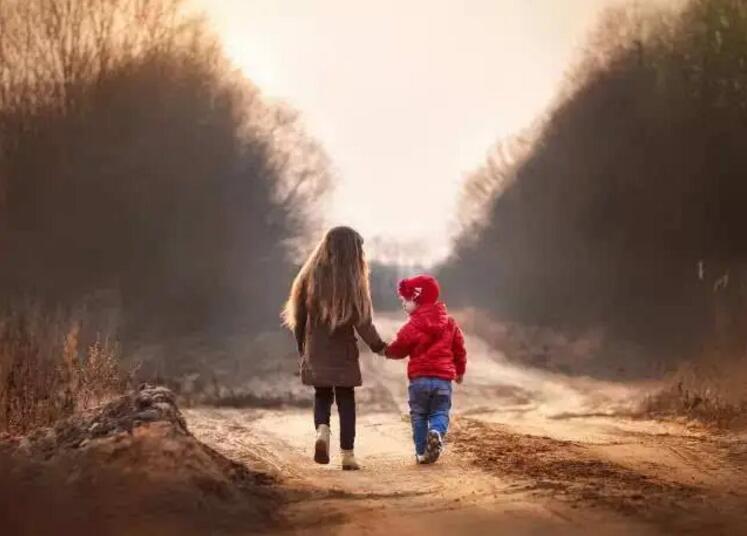 你有孩子吗?为什么有或者为什么没有呢(二)
你有孩子吗?为什么有或者为什么没有呢(二)
正文翻译

Do you have kids? Why or why not?
你有孩子吗?为什么有或者为什么没有呢

Do you have kids? Why or why not?
你有孩子吗?为什么有或者为什么没有呢
评论翻译

Do you have kids? Why or why not?
你有孩子吗?为什么有或者为什么没有呢

Do you have kids? Why or why not?
你有孩子吗?为什么有或者为什么没有呢
很赞 0
收藏